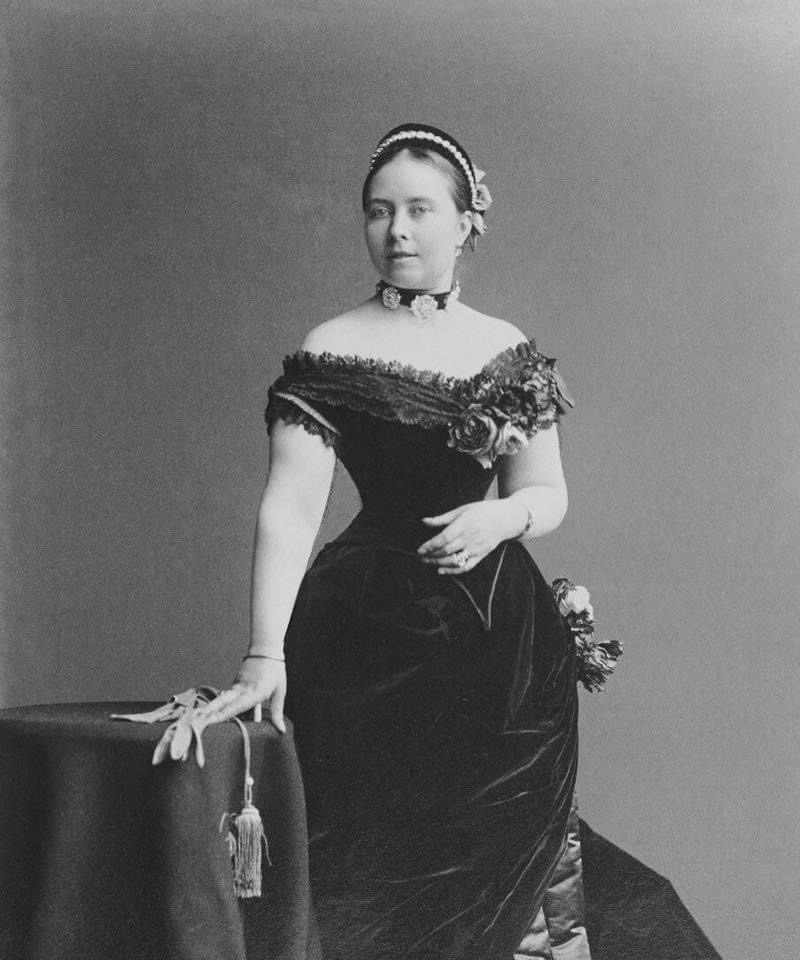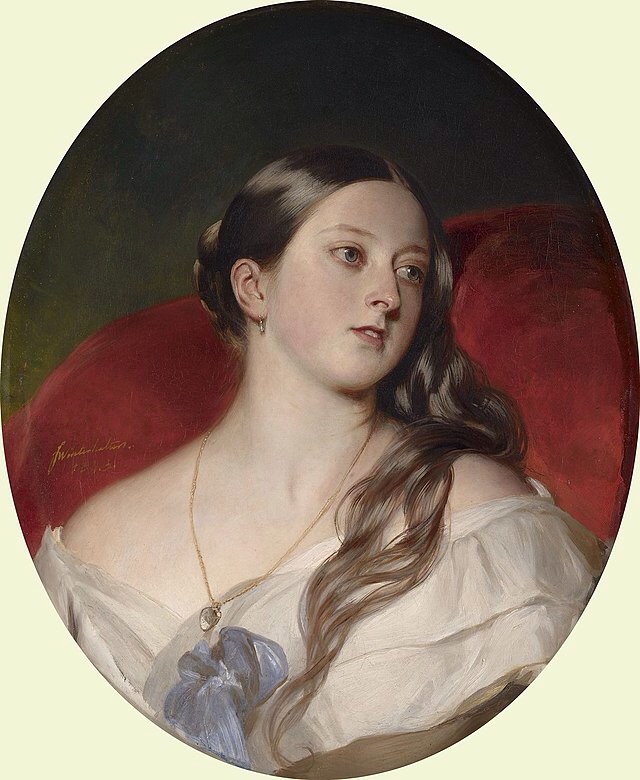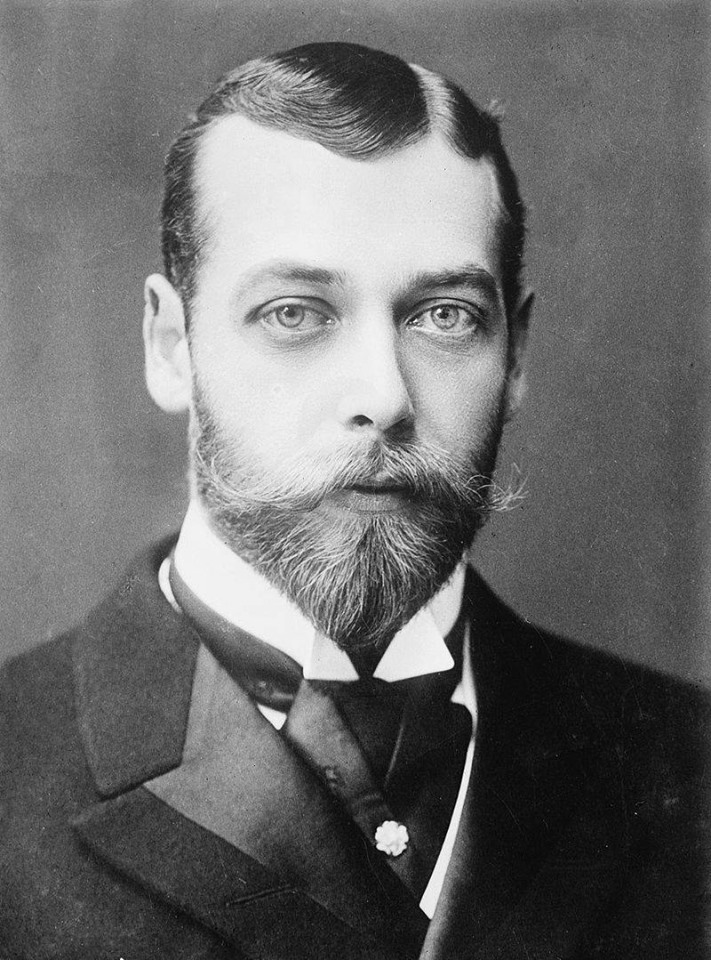Tags
Holy Roman Emperor Charles V, Kaiser Wilhelm II of Germany, King Juan Carlos of Spain, Louis-Philippe of France, Mikhail Gorbachev, Philip II of Spain
From the Emperor’s Desk: I am doing a short series about how I’ve handled the names and titles of non-English speaking Royals.
When I began my interest in studying European Royalty back in the late 1970s my main focus was the British Monarchy. So of course English was how I rendered the names of all the British Royals. Even when dealing with the Old English names of the Anglo-Saxon Royals or the Middle Gaelic of the ancient Scottish and Irish Kingdoms, Modern English was how I rendered these names.
As I began to branch out and away from the British Monarchy I eventually began researching and studying all European Royalty as I desired to learn it all. At first rendering the names of non-British monarchies in English was they way to go given the fact that the vast majority of books I read also rendered the names of non-British monarchies in English.
However, by the late 1980s I noticed what I call a discrepancy or inconsistency. These inconsistencies occurred when I would see the names of modern European heads of state, even monarchs, rendered in thier own native language.

King Juan Carlos and Queen Sofie of Spain
Two prominent individuals stood out. One was King Juan Carlos of Spain and the other was Mikhail Gorbachev, the leader of the Soviet Union.
I found it odd and inconsistent that I would read a book about the Spanish Monarchy with names such as Ferdinand and Isabella, King Philip II of Spain, King Charles II of Spain and so on. However, when reading about the then current King of Spain he was called Juan Carlos and his heir, the Prince of Asturias, was called Felipe. I noticed no one was calling King Juan Carlos by the English translation of King John Charles! I also noticed that no one was call Soviet Premier Mikhail Gorbachev by the English translation of Michael Gorbachev!
So it was at that time I decided to render the names of the Royals beyond Britain in thier native language. However, as you will see, I have not been consistent in this endeavor.
In the German Monarchies from the Holy Roman Empire to the German Empire of the Hohenzollerns I rendered thier names in German. In my English language books I noticed they were not always consistent either. For example, the last German Emperor was often called William II but in many books he was called Kaiser Wilhelm II.

Kaiser Wilhelm II of Germany
What was odd and inconsistent in those books that called him Kaiser Wilhelm II, they would still call his father by the English translation of Frederick and his grandfather as William I of Prussia.
I actually preferred Wilhelm to William. So for me Frederick became Friedrich, Louis became Ludwig, Philip became Philipp, Henry became Heinrich and Francis became Franz to name just a few examples.
Now the name Charles is where I became inconsistent in the German language. For a long time Charles became either Carl or Karl. For example Holy Roman Emperor Charles V became Emperor Karl V, and the father of Austria Emperor Franz Joseph was Archduke Franz Karl.
However, I never have cared for the hard C found in the name Carl/Karl so recently, within the last few years I’ve been using Charles once again in the German Monarchies. Although I still struggle with it. For example, I wonder if Prussian Prince Friedrich Karl sounds better than Friedrich Charles?
Incidentally, in Sweden names like Charles XIII of Sweden I will call Carl XIII to stay consistent with the name of the current Swedish Monarch, King Carl XVI Gustaf. Oh, I generally prefer Gustaf to Gustav and Olaf to Olav but I will call the previous King of Norway King Olav V instead of King Olaf.
In France I would read about King Philip II or Philip IV of France and King Henry IV of France and Navarre. But it would then be very odd to read about the last King of France, last King of the French to be accurate, who was called Louis Philippe. So Henry became Henri and Philip became Philippe.
I’ll end it here today and will continue this topic tomorrow!





















 On this date in History: January 20th, 1936. Death of HM King George V of the United Kingdom of Great Britain and Ireland, Emperor of India. The king had reigned for 25 years.
On this date in History: January 20th, 1936. Death of HM King George V of the United Kingdom of Great Britain and Ireland, Emperor of India. The king had reigned for 25 years.

